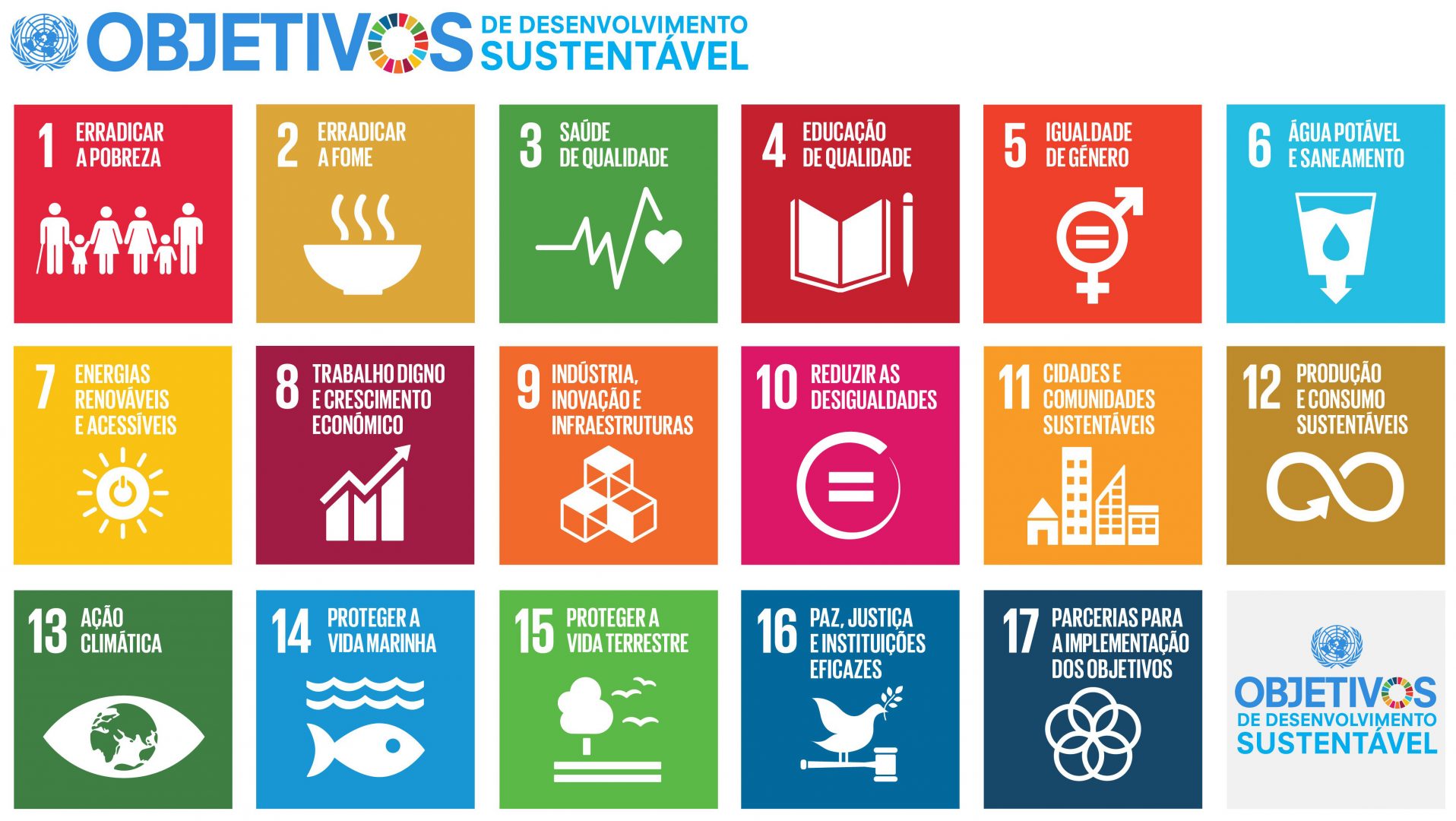- Links
- Home
- About
- Plan
- Learn
- Explore
- UNESCO
- Events


Sustainability
SUSTAINABILITY
"The 17 Sustainable Development Goals are our common vision for humanity and a social contract between world leaders and people. They are a list of things to do on behalf of people and the planet and a blueprint for success."
- Ban Ki-moon (former Secretary-General of the United Nations)
The 2030 Agenda for Sustainable Development, adopted by all United Nations member states in 2015 and officially entered into force in 2016, defines the priorities and aspirations for global sustainable development for 2030 and seeks to mobilise global efforts around a set of common goals and targets.
There are 17 Sustainable Development Goals (SDGs) that represent an urgent call to action from all countries - developed and developing - for a global partnership. The SDGs recognise that poverty and other deprivation must be accompanied by strategies that improve health and education, reduce inequality and stimulate economic growth - while combating climate change and preserving ecosystems.
The SDGs define global priorities and aspirations for 2030 in areas that affect the quality of life of human beings around the world and those yet to come.
These global goals undertaken by the 193 countries of the United Nations have the ambition to ‘leave no one behind’ by establishing a common language for all stakeholders, set sustainability targets focussing on critical areas for humanity, and are structured around 5 Principles: Planet, People, Prosperity, Peace and Partnerships.
The SDGs are a unique and necessary opportunity to support sustainable, regenerative and inclusive growth, without which it will be impossible to tackle the climate emergency, the rampant loss of biodiversity and social inequalities and asymmetries. They are considered to have the capacity to unleash innovation, economic growth and development on an unprecedented scale.
It is along these lines that the Algarvensis Geopark intends to continue working, through the implementation of various activities that contribute to the sustainable development of the territory.
As part of the 2030 SDGs, the United Nations proposes Climate Action as one of the objectives (SDG 13). To this end, the Portuguese UNESCO World Geoparks and aspiring Geoparks have developed the Biennium for Climate Action Project as part of a network.
See here the Activity Plan for the ‘Biennium for Climate Action in the Portuguese Geoparks’ project, as well as the Activity Plan for the ‘Biennium for Climate Action in the Aspiring Algarvensis Geopark’ project.

CLIMATE CHANGE
The fast increase in greenhouse gas (GHG) emissions, mostly due to human action, is producing profound changes in the atmosphere and modifying climate patterns. The increase in average air temperature is the main manifestation of climate change, but projections of the future climate also point to an increase in the frequency and duration of heatwaves, an increase in the number of months in drought and the maximum duration of consecutive months in extreme drought, a decrease in average accumulated precipitation, and an increase in the frequency of extreme events (e.g. storms, hailstorms, intense rainfall in short periods and outside their normal season).
Since it is clear that mitigation is not enough to deal with climate change, because even with a drastic reduction in GHG emissions, extreme weather events resulting from climate change will continue to be felt (and increase in intensity) for decades, it is essential to adapt systems (a process of adjusting to the observed or expected climate and its effects), complementing the mitigation component and avoiding damage on a larger scale, responding to current vulnerabilities and anticipating future vulnerabilities.
Given its geographical position in a Mediterranean climate, the territory of the Algarvensis Geopark is exposed to a number of climate vulnerabilities that will impact different areas and socio-economic sectors, having dealt with heatwaves, forest fires, floods and flash floods in recent years.
The Algarve Intermunicipal Community Climate Change Adaptation Plan (PIAAC-AMAL), published in 2019, is aligned with the main objectives of the European Strategy for Adaptation to Climate Change (EEAAC) and the National Strategy for Adaptation to Climate Change (ENAAC 2020), contributing to: (1) Improving the level of knowledge about climate change, (2) Implementing adaptation measures and (3) Promoting the integration of adaptation into sectoral policies.
The PIAAC-AMAL identifies, for the municipalities that make up the Algarve Intermunicipal Community (including Loulé, Silves and Albufeira), the main climate vulnerabilities (current and future) in 10 priority sectors - Water Resources, Agriculture, Biodiversity, Economy, Energy, Forests, Human Health, Transport and Communications, Security of People and Goods, Coastal Zones and Sea - and possible adaptation strategies, as well as guidelines for Territorial Management Instruments (IGT) on a regional, inter-municipal and municipal scale.
Loulé's Municipal Climate Action Plan (PMAC), approved by the Municipal Assembly in 2022, aims to deepen the work carried out by Loulé's Municipal Strategy for Adaptation to Climate Change (EMAAC), continuing the adaptive planning process and deepening the bioclimatic analysis of this territory. Loulé's PMAC encompasses the axes of adaptation, mitigation, management and knowledge, and is a strategic instrument that defines the current framework for municipal action in the context of the climate emergency, based on an action programme made up of measures, lines of intervention and priority actions, underpinned by a management, monitoring and participation model.
The implementation of Loulé's PMAC is aligned with and contributes to the fulfilment of the various sustainable development dimensions of the United Nations 2030 Agenda, which consists of 17 Sustainable Development Goals (SDGs), of which SDG 13 - Climate Action - stands out.